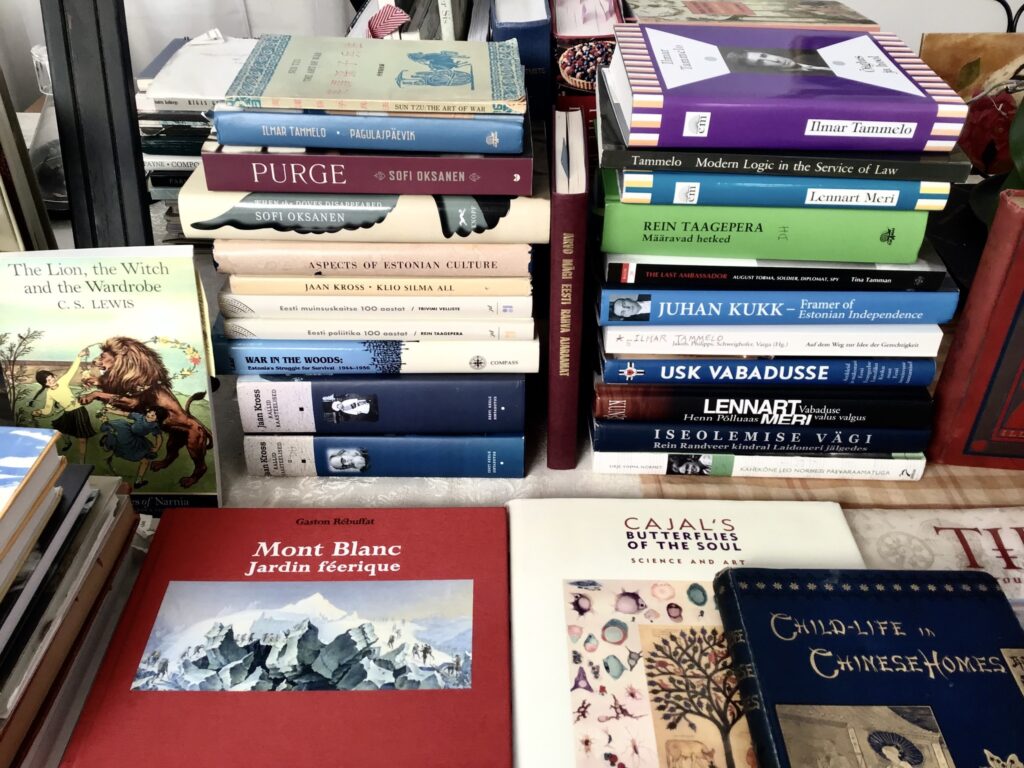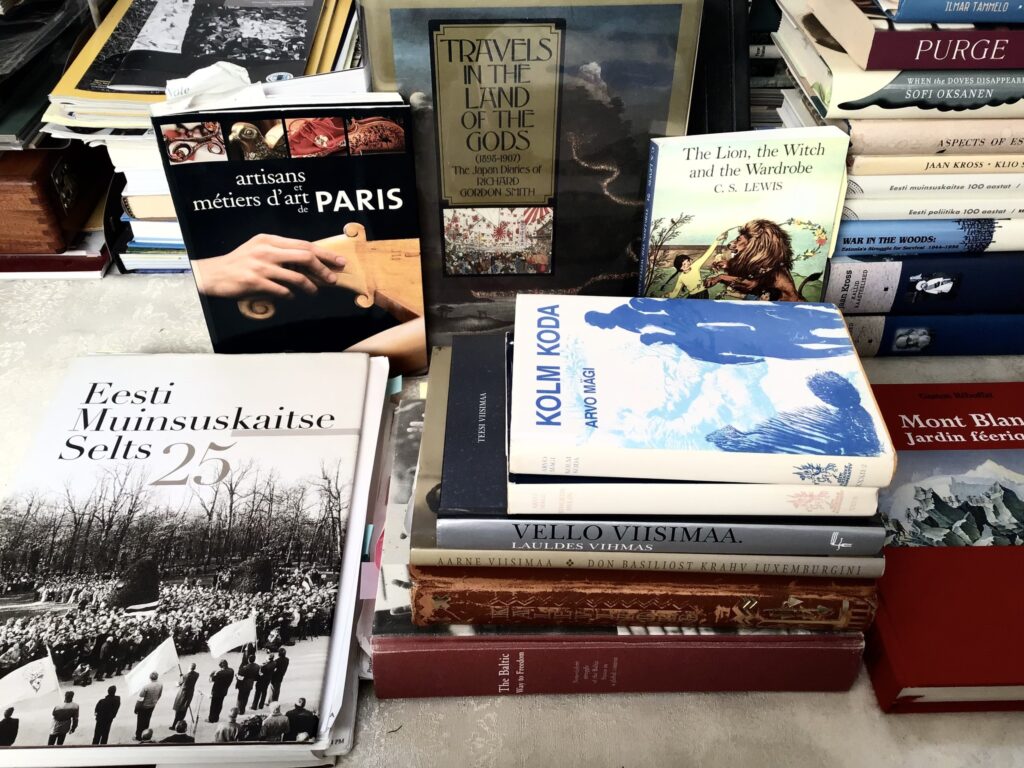
Thirty-five percent of respondents reported that they owned 350 books or more. The original study “Scholarly culture: How books in adolescence enhance adult literacy, numeracy and technology skills in 31 societies” starts off with the introduction “How does culture enhance life chances?” Indeed, reading can really give people more opportunities in life. You can read the full article at epale.ec.europa.eu
It was also fascinating to read, in a report from ERR, that some of Estonian President Alar Karis’ favourite childhood books included the Jules Verne Extraordinary Voyages series. It reminds me of what Albert Einstein was once quoted as saying: “If you want your children to be intelligent, read them fairy tales.”
…the majority of important Estonian books have not yet been published in other languages… So, if you like working as a language translator, you have a lot of opportunities ahead of you.
Since 2025 is the Year of the Estonian Book—celebrating 500 years since the publication of the first book in the Estonian language—it’s worth reminding readers that the majority of important Estonian books have not yet been published in other languages such as English, French, German, Chinese, Japanese, Spanish, Latvian, Lithuanian, Polish, and so on. So, if you like working as a language translator, you have a lot of opportunities ahead of you.
When thinking about the power of translated literature, consider the 2015 Latvian documentary film Ruch and Norie, which stimulated Japanese interest in Latvian culture. Now you can see a number of Latvian books translated into Japanese. Check out Amazon.co.jp for some of these. I’m definitely looking forward to Latvian-Japanese cultural exchanges stimulating business exchanges in the near future—once again, this is the power of books!

(By the way, it was fascinating to find out that the Latvian name “Daiga” is a place name in Japan. According to M. Hirata [a personal contact of mine] it means “the state of freedom” in Buddhism or “the sole absolute spirit of the universe” in philosophy. Moreover, “Daigaku” means “University” in Japanese.)
So how do our home libraries compare to the “Estonian norm” mentioned above, in the 2018 paper by J. Sikora and colleagues? Personally, I have forty-two book shelves at home, with an average of twenty-five books per shelf. This means there are over 1,000 books on my shelves at home. However, since I also have books stacked in piles on desktops, under tables, in boxes, and so on, the true final number can really only be estimated. In conclusion, it’s fair to say that I am very Estonian when it comes to books.
As far as the contents of our home libraries, it’s likely that everyone has their own favourite set of books, especially if they have books written by or about their own relatives, like in my own collection. Included with this article, you’ll see some of my favourite books from my home collection. I can’t include a full list, though, since it would be equivalent to writing an entire encyclopedia!
As the Year of the Estonian book is just beginning, I look forward to reading about everyone’s favourite books and what makes them so special on a personal level.
Head lugemist! Happy reading!



